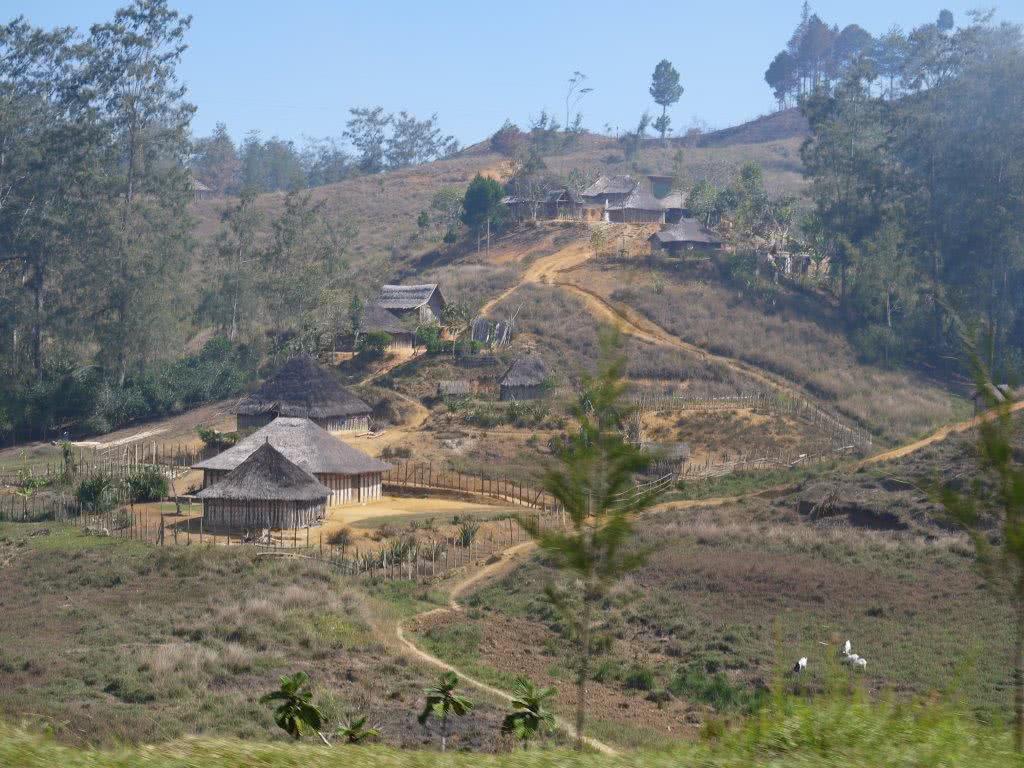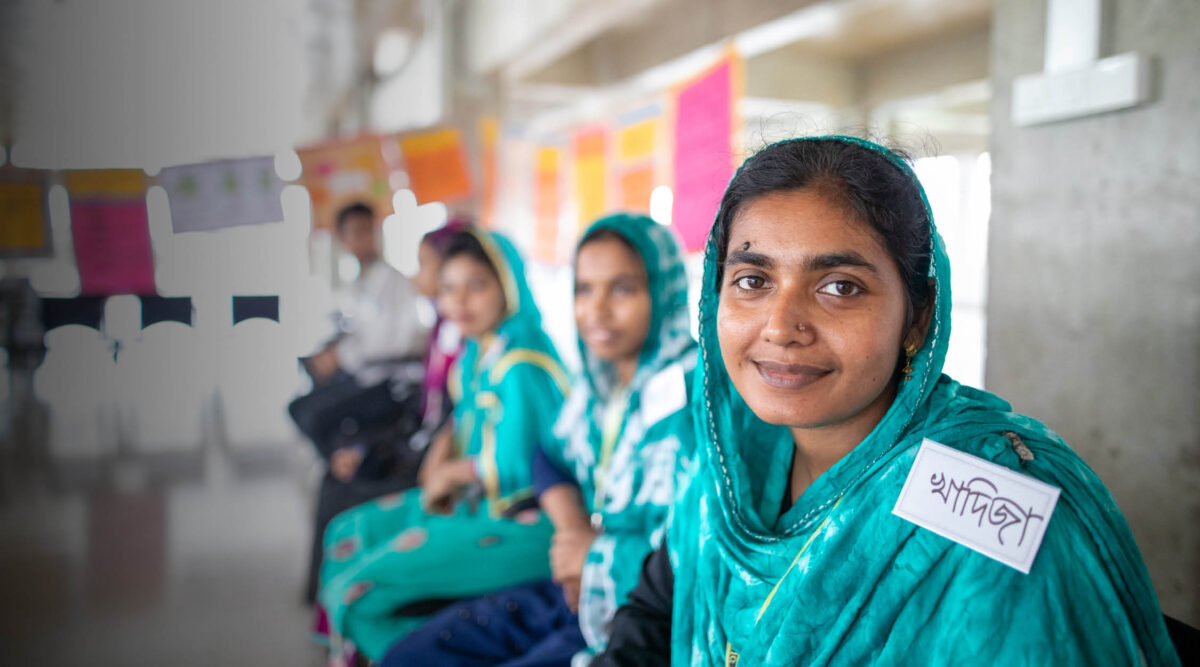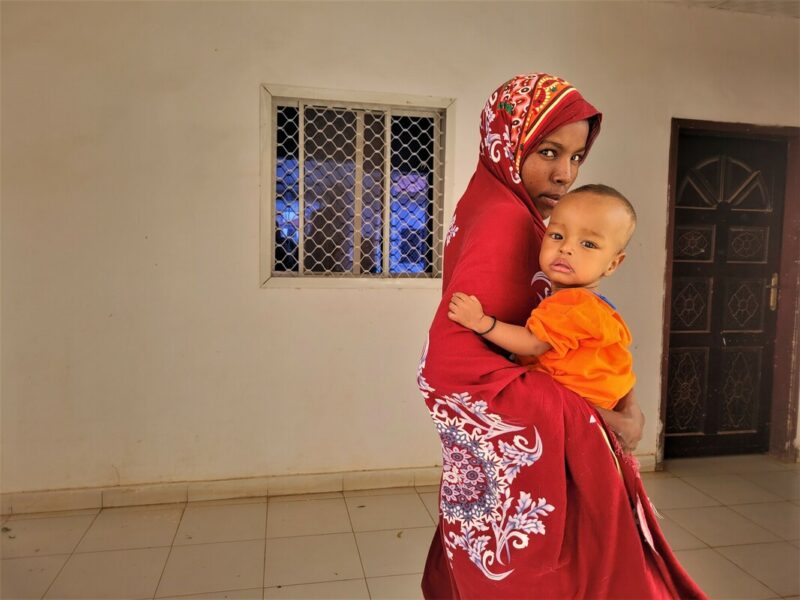Former CARE Australia Chief Executive Dr Julia Newton-Howes visited some of CARE’s work in Papua New Guinea tackling the root causes of gender violence. This is what she learnt.
In the rugged highlands of Papua New Guinea, women walk in packs. Never alone.
I asked one elderly woman, Marry, why. She looked at me, incredulous, then paused, and said bluntly: they’ll bagarapim mi. She was speaking in Tok Pisin, the lingua franca. What she was referring to was rape. And she had absolutely no doubt in her mind this would be the outcome if she left her house to collect water alone.
Just four kilometres north of Australia, rape and sexual violence is almost guaranteed for women. Human Rights Watch estimates 70 per cent of women in Papua New Guinea will be raped or sexually assaulted in their lifetime.
That equates to over 2.5 million women, each one a mother, a daughter, a sister. This is happening in a place once considered part of Australia, and a place that remains the largest recipient of Australia’s foreign aid – about $500 million this year.
But what is this money doing for the women of Papua New Guinea who cannot leave the house for water without facing the risk of awful violence?
Much fanfare has been made of worthy Australian aid supported initiatives aimed at tackling the problem, from women-only buses in the capital Port Moresby to a free counselling hotline launched last year for those experiencing family violence.
But what about tackling the cause?
Don’t get me wrong, these are important, valuable services that are no doubt having a huge impact.
But if we’re serious about improving women’s lives in Papua New Guinea, we need to go further.
Last month, I travelled to Papua New Guinea’s remote highlands region where CARE Australia is supporting women who grow coffee, one of the few cash crops in an otherwise subsistence society.
Much of the work involved in growing, maintaining and picking the coffee is done by women, and it is extremely hard work.
Despite this pivotal role women play, it is men who usually control the sale of the beans and decide on what happens to the money raised.
With the threat of family violence ever present, CARE provides one of the only opportunities for men and women to work together to discuss family priorities and budgeting around coffee.
We have been astounded – and inspired – by how quickly men’s entrenched negative attitudes towards women can change.
Several men who have attended CARE’s training sessions with coffee growers have told us that, until recently, they had never given a second thought to the way women were locked out of financial decisions.
“Previously we worked however we liked,” one man told us.
“We thought we were living the right way. But in fact we were doing things that weren’t too good. For us to make a better life we [husband and wife] must work together and use our money wisely.”
Women too found it invaluable to have a safe forum in which to raise their concerns.
“This was our chance to tell our husbands, ‘You drink beer and spend all the money earned from coffee. You don’t give us any money. We women work hard for nothing,’” a woman from a small village in the Eastern Highlands said.
“We came to a compromise and now we work together better. Men, women and children working together. Now we decide together how much money earned from our coffee and food gardens is shared and spent.”
This is how you begin to change entrenched attitudes towards gender.
It must start at the grassroots, involving the whole community.
And support is needed now more than ever, as Papua New Guinea grapples with the effects of a crippling El Nino driven drought.
More than 2.7 million people have been affected by the drought, women disproportionately.
Women are primarily responsible for collecting water in this region and they are now forced to walk further, usually more than four hours a day, to the nearest water source.
It’s usually a treacherous journey, often through the areas controlled by rival clans where the risk of attack is significantly increased.
We also know from experience that in a disaster of this magnitude violence within the home is likely to increase too. It’s the same whether people are dealing with drought in Papua New Guinea or the aftermath of bushfires in Australia.
Families are under enormous stress and are forced to make tough decisions that affect the whole family.
So as we stop and reflect on Australia’s progress towards gender equality this International Women Day, it’s worth reminding ourselves that basic human rights don’t stop at the border.
Australian aid shouldn’t just be used as a stop gap for dealing with soaring rates of domestic violence in Papua New Guinea. It must also be used to tackle the root causes.
Make a donation to CARE’s El Nino Appeal.
This article first appeared in the Daily Telegraph.


